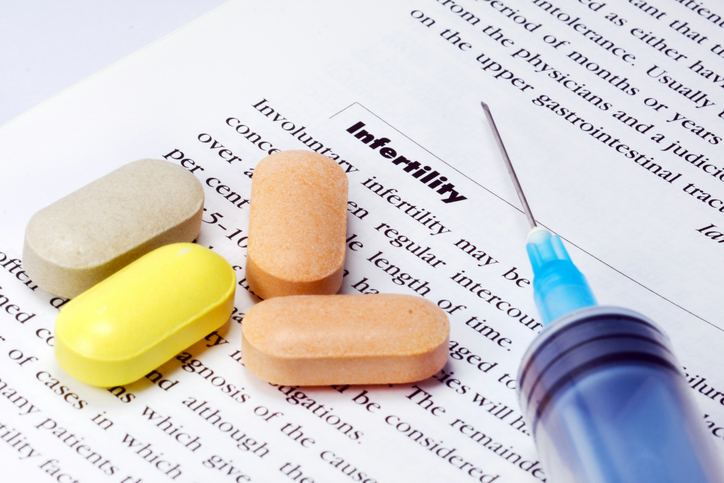
Delay in getting pregnant is not an indication of infertility. It could be an issue with your ovulation. When triggered by hormones, your ovaries become stimulated to release eggs, increasing your chances of getting pregnant. Center for Reproductive Medicine has the best fertility medication in Celebration experts. The prescriptions these experts offer their patients to improve their conception chances include:
Clomid or Serophene
Also known as clomiphene citrate, your doctor will prescribe this estrogen-blocking medication when you are not ovulating well. The drug forces your pituitary gland and hypothalamus in your brain to release follicle-stimulating hormone (FSH), gonadotropin-releasing hormone (GnRH), and luteinizing hormone (LH). The release of these hormones will trigger your ovaries to produce eggs.
Your doctor will use clomiphene citrate and other methods to increase your chances of ovulating and you are likely to start ovulating after approximately 7 days after your last oral dose. However, if ovulation does not begin as your doctor expects, he may suggest you increase your dosage by about 5mg daily every month until you start ovulating.
Letrozole (Femara)
These oral fertility drugs stimulate your ovaries, forcing them to release eggs, thus solving your irregular ovulation or induce your ovulation if you are not ovulating. Like Clomid, Femara suppresses estrogen, increasing levels of FSH that stimulates your ovarian follicles to maturity. Unlike Clomid, Femara takes a shorter time in your system and stimulates fewer follicles. The drug is also effective in triggering ovulation, especially in women with polycystic ovary syndrome (PCOS).
Injectable hormones
When the oral drugs fail to be effective, your doctor may recommend the following hormone-triggering injections:
· Follicle-stimulating hormone. FSH triggers eggs’ growth in your ovaries.
· Human menopausal gonadotropin (hMG). This injection combines the LH and FSH to kick start ovulation. hMG is used both in and out of IVF settings.
· Human chorionic gonadotropin (hCG). Your doctor will use the hCG with another fertility drug to force your ovaries to release eggs.
· Gonadotropin-releasing hormone antagonist
· Gonadotropin-releasing hormone agonist
Your doctor will not give the shots in specific doses. He will provide the injection depending on how it is used. While some are injected beneath your skin, some are injected directly into your muscles. The care provider will give you the first shot during your cycle, either on the second or third day after you spot bright-red blood, and advise on how to continue with the shots. In other instances, your gynecologist may combine the injections with the oral Clomid.
Dopamine agonists
Your gynecologist will prescribe these fertility drugs to rectify hormonal imbalance that could be preventing your ovaries from releasing eggs monthly. Dopamine agonists stimulate your brain’s dopamine receptors and suppress your pituitary gland, thus preventing prolactin release.
High levels of prolactin affect progesterone, estrogen, and FSH. An effect on these hormones causes you to have problems with your ovulation, resulting in your pregnancy issues. Your doctor may also prescribe dopamine agonists if you have opted for IVF and are also a potential victim of ovarian hyper-stimulation syndrome (OHSS).
Going to a pharmacist and requesting fertility drugs without a specialist’s prescription will not increase your success of getting pregnant. Avoid struggling with over-the-counter medication when you can get prescription drugs and shots from fertility experts. For more on how you can normalize your ovulation, contact the professionals today.